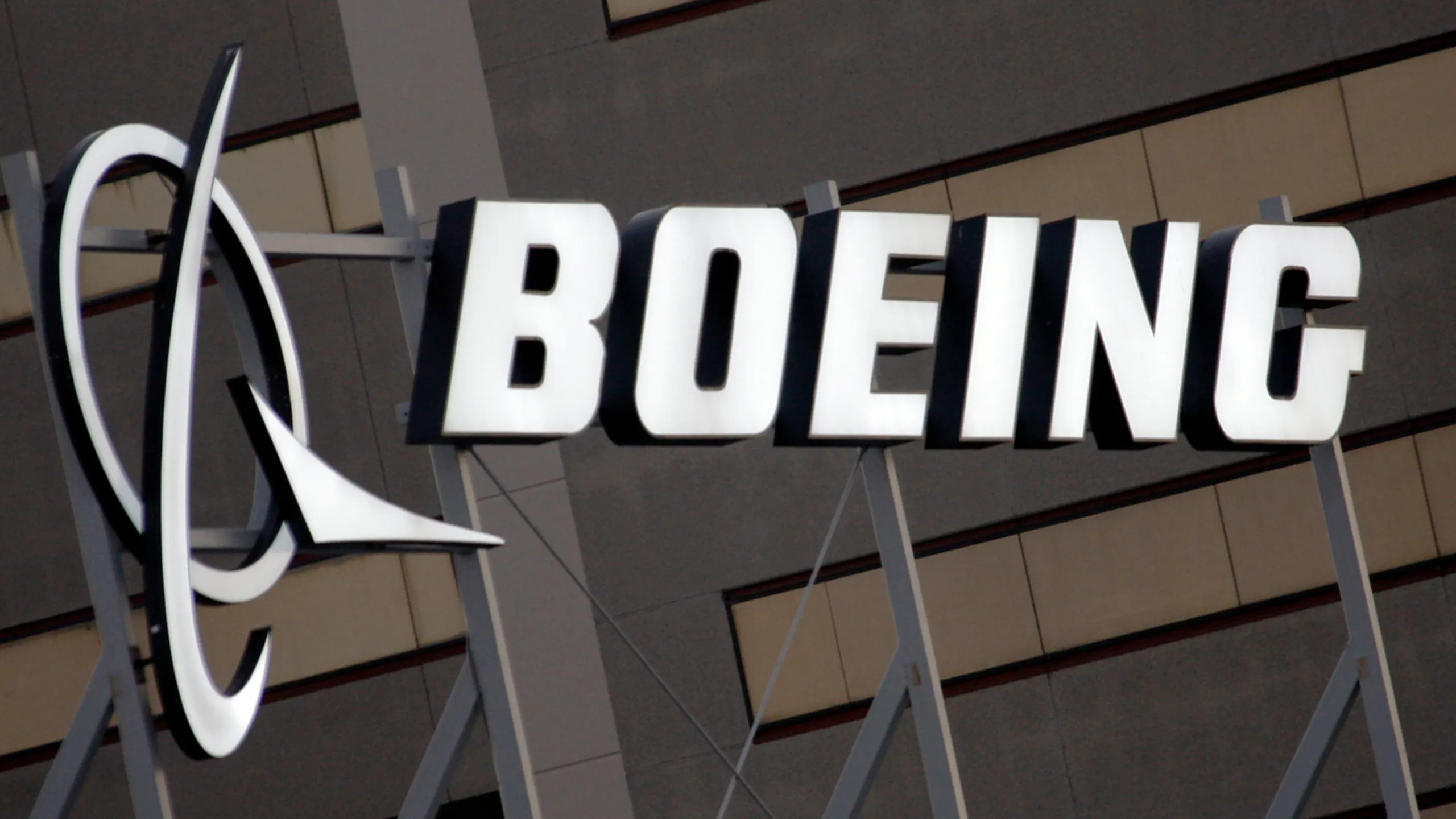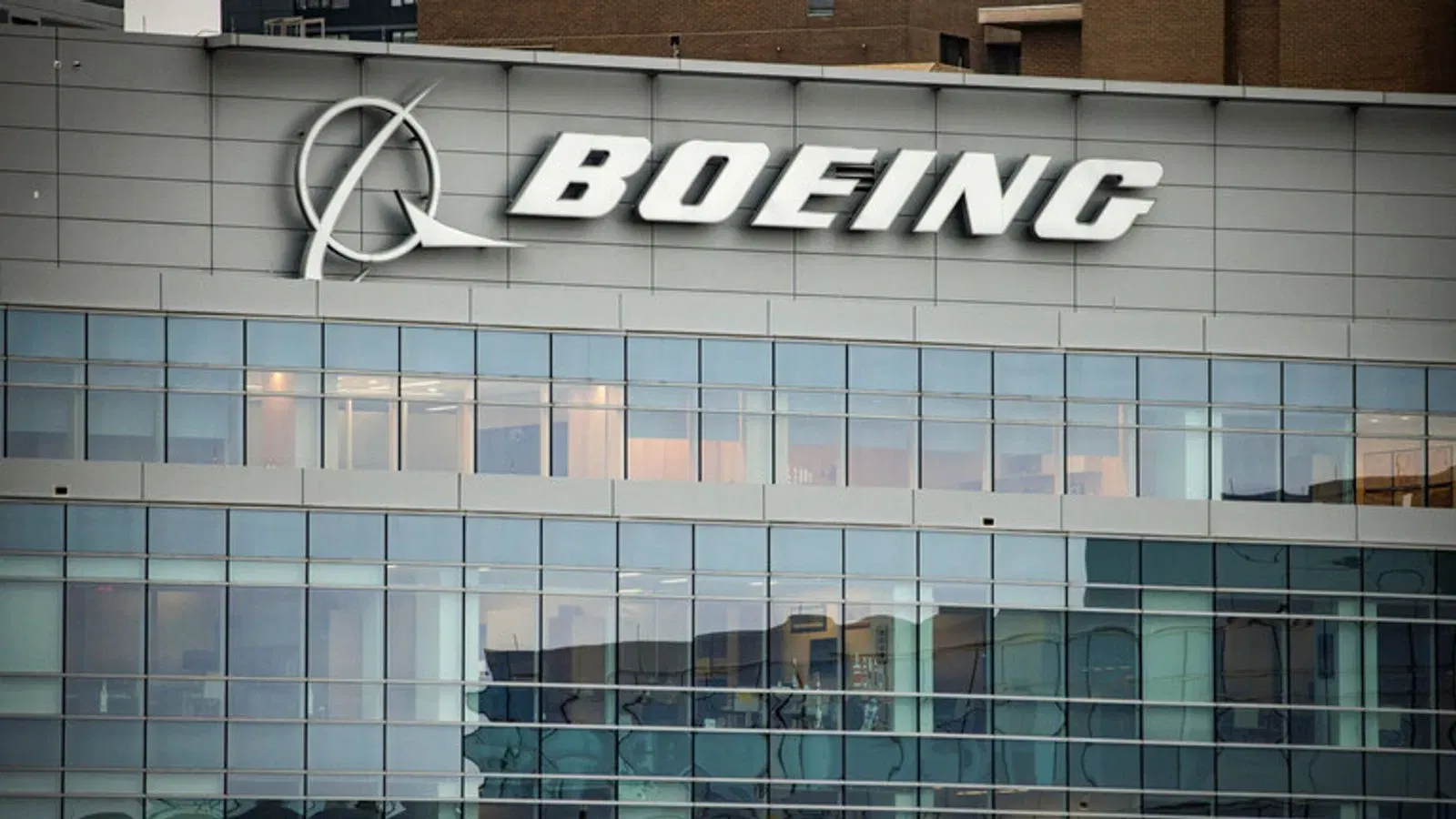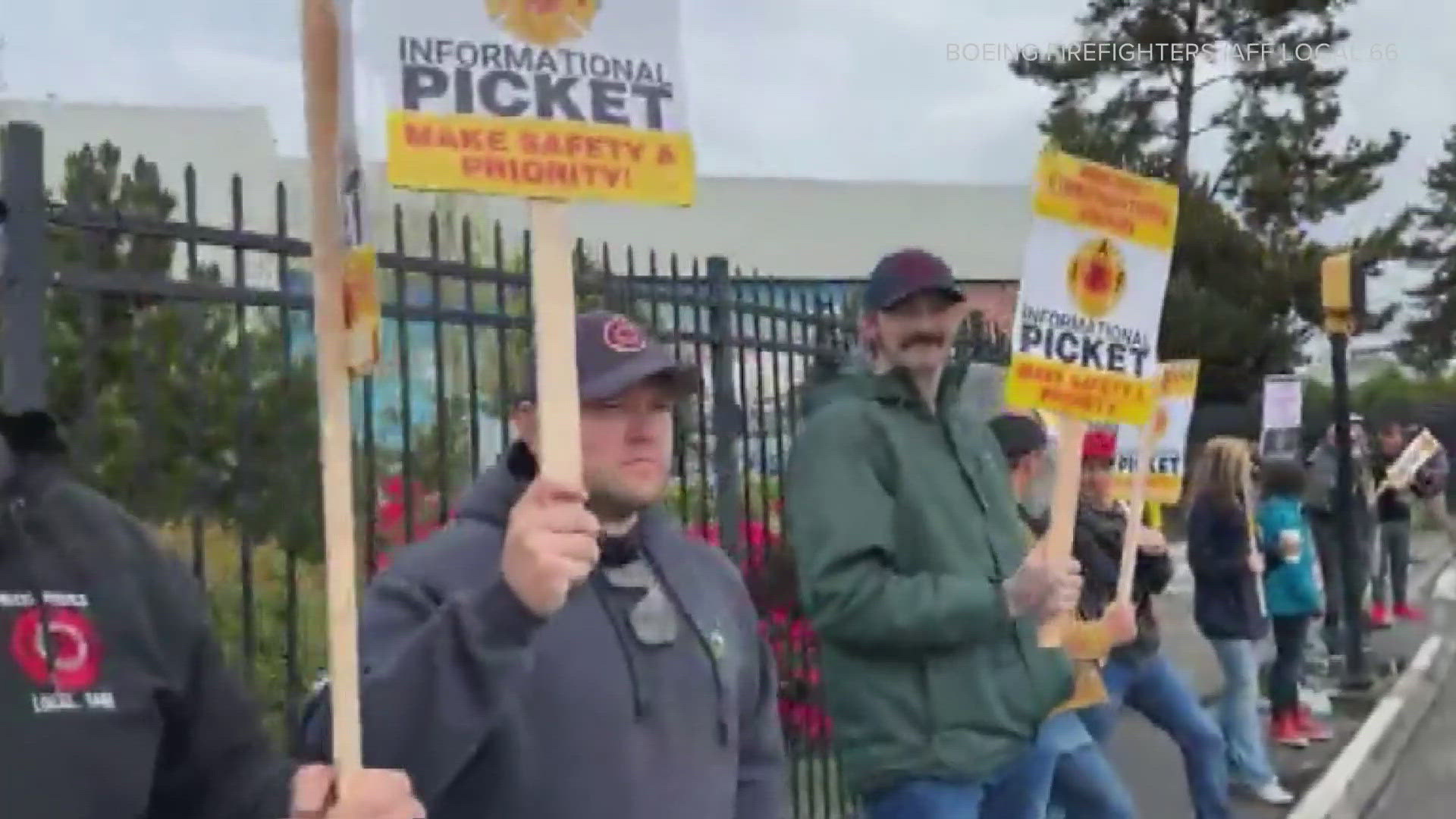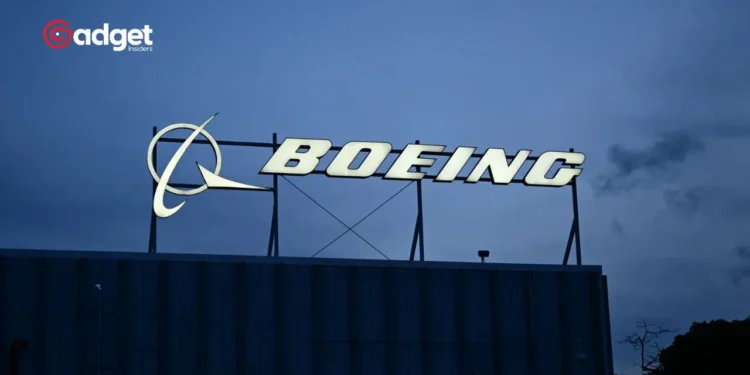In a bold move that could significantly impact safety operations at its Seattle-area aircraft manufacturing plants, Boeing is on the brink of locking out its dedicated team of private firefighters unless they agree to the company’s final wage proposal by Friday night. This drastic step underscores a deep rift between the aerospace giant and the firefighters’ union, highlighting severe disagreements in ongoing wage negotiations.
Boeing, which has been grappling with substantial financial losses exceeding $24 billion since 2019, asserts that the lockout is a necessary precaution against potential strike actions by the union, with the current contract set to expire at midnight.
The company’s proactive approach involves hiring “highly qualified firefighters” to maintain safety at its facilities, ensuring that operations remain unaffected by the labor dispute.

Boeing: The Crux of the Conflict
At the heart of the standoff are the significantly divergent expectations on compensation. Boeing’s latest proposal includes a raise of 18% to 20%, which, according to Casey Yeager, president of Local I-66 of the International Association of Fire Fighters, would still leave his members earning 20% to 30% less than their counterparts in nearby cities.
The union is pushing for raises between 40% to 50% to bridge this gap.
Another major point of contention is the progression to the top pay scale. Boeing wants to extend this period from 14 to 19 years, a change the union vehemently opposes, suggesting a reduction to just five years instead. Kjel Swedelius, a six-year veteran at Boeing, voices a common concern among his colleagues,
“Our turnover rate is super, super high. If they keep pushing it out, you’ll never get to top scale.”

Financial Strains and Operational Continuity
The disagreement extends beyond percentages and pay scales. Swedelius shares personal challenges, like needing financial help to care for his autistic child, underscoring the broader impacts of the financial terms on individual lives.
“I really like working at Boeing, but it’s getting harder and harder,”
he lamented, pointing to the difficulty in keeping up with inflation.
Boeing, meanwhile, maintains that it has extended its financial limits. In a letter to the union earlier this week, the company reiterated that it had rejected two previous proposals and would not increase its financial offer.
Additionally, it proposed compensating firefighters with four hours of overtime for every 24-hour shift, which would boost their annual pay by an average of $21,000.
Boeing locked out its private force of firefighters who protect its aircraft-manufacturing plants in the Seattle area and brought in replacements after the latest round of negotiations with the firefighters' union failed to deliver an agreement on wages.https://t.co/wK5o5IKWZA
— KOMO News (@komonews) May 5, 2024
Legal and Community Backdrop
As the deadline looms, Boeing has also taken legal steps by filing a complaint with the National Labor Relations Board, accusing the union of bad-faith bargaining. The company’s preparedness for a strike includes a contingency plan that may very well redefine the future of industrial labor relations within the sector.

This labor dispute is unfolding against a backdrop of increased scrutiny over Boeing’s safety practices, particularly after a recent incident involving a Boeing 737 Max.
Despite these challenges, Boeing’s stance is clear: the lockout will proceed if the union does not ratify the contract by the set deadline, aiming to safeguard its operations without disruption.
As the clock ticks down, the aerospace community and the Seattle area watch closely, hoping for a resolution that bridges the gap between corporate austerity and the livelihoods of those at the frontline of aerospace safety.










